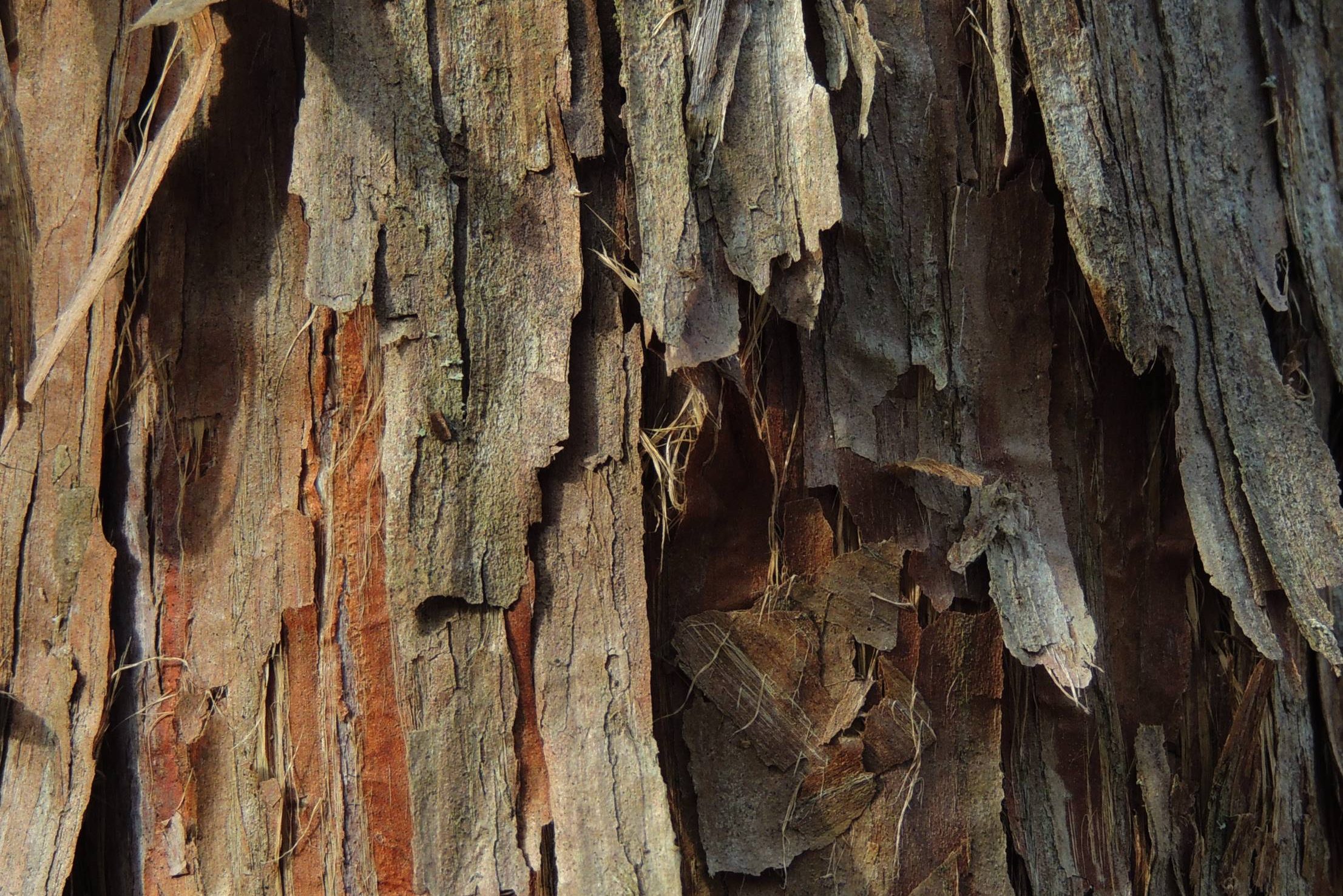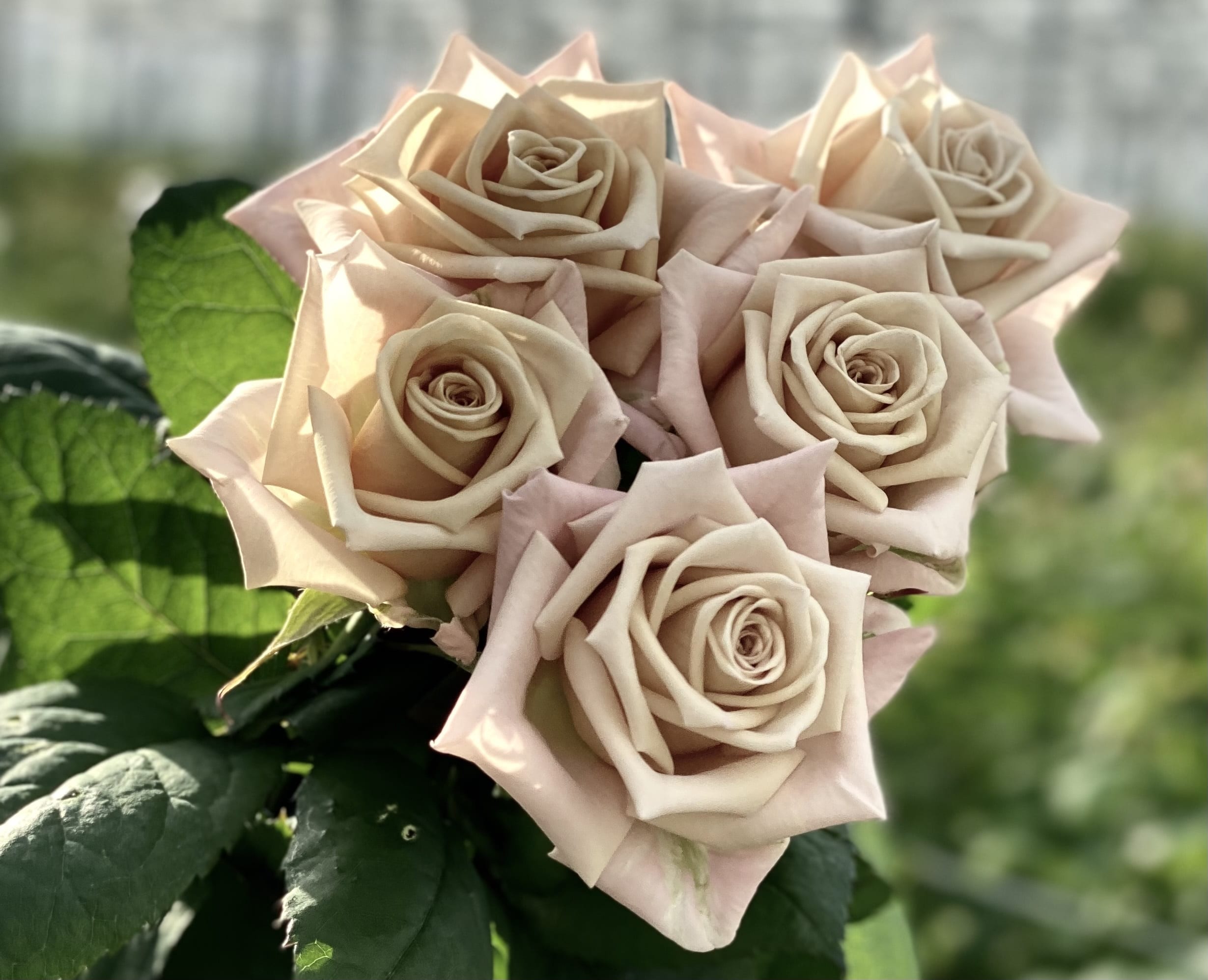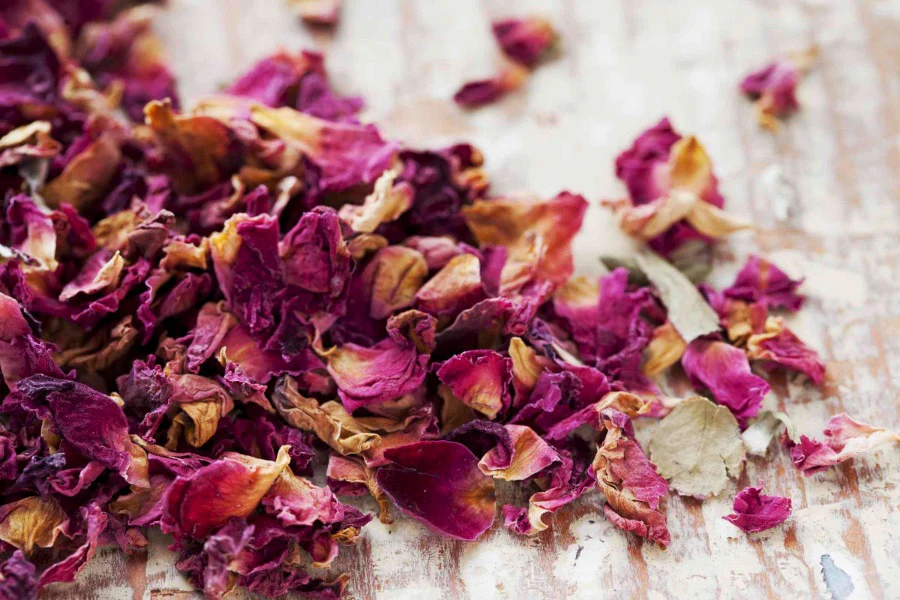Your cart is currently empty!
Attuned to the allure of the invisible, smelled and studied the flowers, the stones, the mosses, the branches and the leaves of the trees in considerable detail along with Joseph McDaly, a perfumer in the hope of coaxing out the olfactory spirits. “Although everything in this place is controlled, there is always something that shows itself. There is a genuine respect for nature; they take care of it, as is demonstrated in the way the dead leaves are removed so carefully and naturally.

Further on, the dark wood walls of the temple exude a pleasant warm aroma that’s smoky and resinous – could it be cypress? – while there’s a light scent of hay and straw coming off the tatami mats. The perfumer spots some shrubs with little white and pale pink bell-shaped flowers – the blossoms of this Japanese Pieris have the intense and unexpected aroma of chestnut honey!

Damask rose harvesting continues to flourish in Kerman, which is now Iran’s second largest province manufacturing rose water. The quality and purity of the rose water continues to draw the attention of European and American customers.
Damask rose production does not have a very long history in Kerman, it is rather the child of the assiduous toil of the late Homayoun and Shahindokht Sanaatizadeh, a praiseworthy couple from Kerman. They are among modern day exemplary entrepreneurs who have actively promoted cultural development and enhanced the livelihoods of their peers.

In 1977, after settling in Laleh Zar district in Bardsir county, Kerman, the couple decided to improve the living conditions of the locals. After thorough research, they deemed the area suitable for Damask rose harvesting. Although the first stages were not void of difficulty, with perseverance the couple powered through the rough patch and the Damask rose harvesting business bloomed, Mehr News Agency reported.

